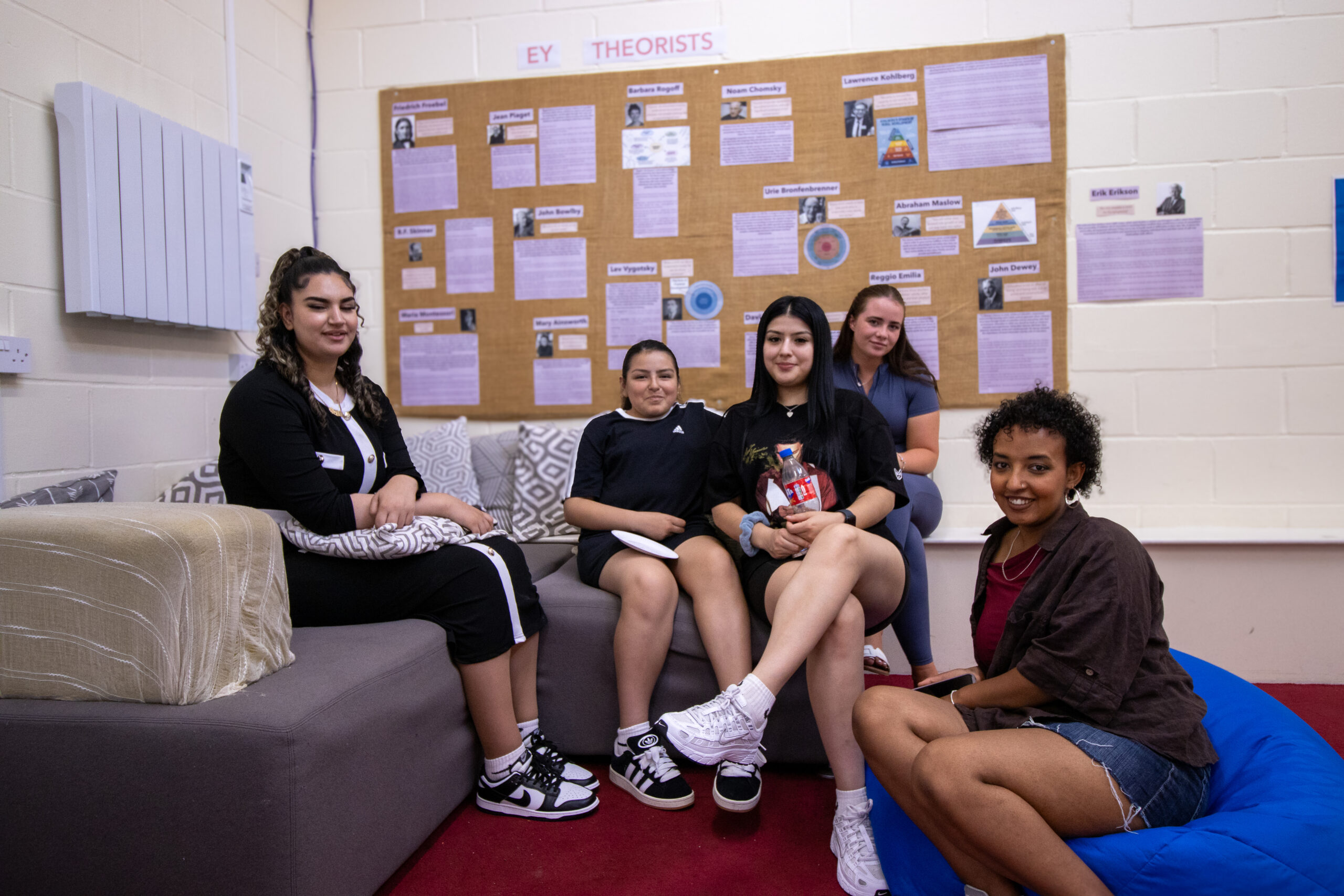
Talking Early Years: In Conversation with Sarah Ronan
Let’s really make change the only option: Become part of the ECEC movement Sarah Ronan is the director of the Early Education and Childcare Coalition (EECC) – an organisation…
October 20th 2025

Apprenticeships are a positive and accessible route into training and employment for many young people. At LEYF, we’ve also found it can be a particularly successful route for those who’ve faced challenging circumstances and found school difficult. The apprenticeship model can be a socially mobile route into stable employment. However, running an apprenticeship model is complex, and securing enough funding to guarantee high-quality teaching and pedagogical coaching remains a significant challenge.
I was therefore pleased that there was a focus on accessibility, growth and apprentices across the autumn party conferences. The Liberal Democrats Opportunity for All paper set out plans to replace the Apprenticeship Levy with a new Skills and Training Account model, empowering both employers and individuals to invest in learning while also acknowledging how smaller employers need real support to grow talent and create jobs.
The Prime Minister set out a plan for a gold standard apprenticeship – placing more prominence to skills training linked to jobs and a target of at least 10% of young people pursuing higher technical courses or apprenticeships by 2040. That’s nearly double the current level along with a new growth and skills levy to replace the existing apprenticeship levy and new foundation apprenticeships.
Meanwhile, the Conservatives promised to double the apprenticeship budget from £3 billion to £6 billion. This will be funded by reducing university places on what their leader called “rip-off courses,” based on earnings data and course quality. Their argument was that many students see little financial return from their degrees, so apprenticeships should be a credible, valuable alternative.
I hope this proves to be helpful for small businesses, many of which will be childcare businesses and addresses the issues raised in the first report by Skills England in September 2024. That report found that employer investment in training has been in steady decline over the past decade, with training expenditure at its lowest level since records began in 2011 and investment per employee down by 19% in real terms. Businesses tend to reflect economic challenges and bureaucratic inefficiencies, and a rethink of the apprenticeships is well overdue.
The future for Early Years apprentices is bright with the Government shining a spotlight on them. Apprentices are a magnificent pipeline when the system aligns and we are able to provide the time, coaching and the right induction for each apprentice to thrive.

Let’s really make change the only option: Become part of the ECEC movement Sarah Ronan is the director of the Early Education and Childcare Coalition (EECC) – an organisation…

When the Labour Party won the election Bridget Phillipson MP the Secretary of State for Education told us that: Early years is about more than just childcare –…

Can the new Early Education and Care Coalition Influence the next Government? Sarah Ronan, Director of the recently formed Early Education and Care Coalition (EECC) joined me to…